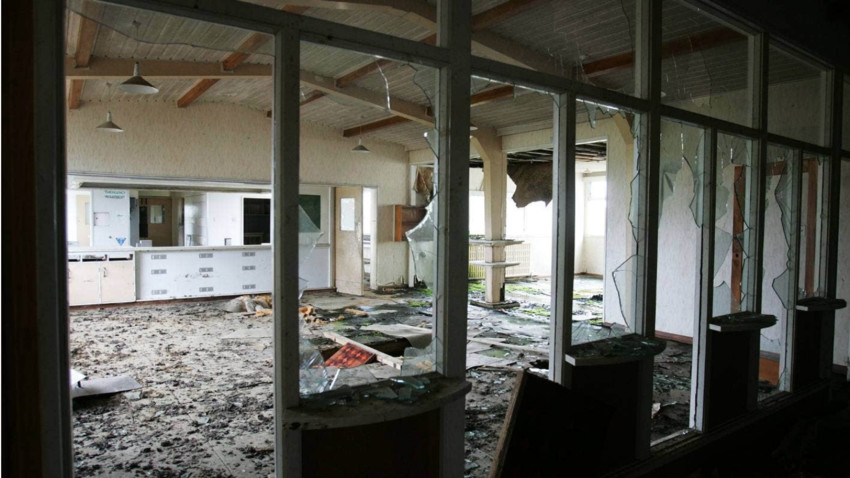Abuse in NZ State Care - The Witness Testimony of Leota Fred Scanlon
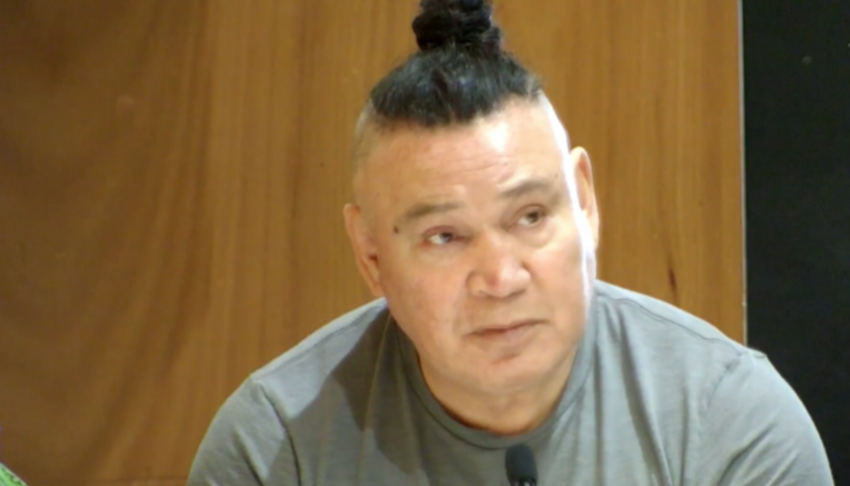
"I would be taken to the electric shock room up the villa stairs to where the machine was. I would be placed on the bed and the nurses would hold me down. They tied me down at the waist and at my feet. The nurses placed the electric shock stuff on my head and then I got electrocuted. Sometimes I was electrocuted until I was unconscious. When this happened, I would only remember waking up in my own bed. Sometimes after the electric shocks, the nurses would give us pills to knock us out." - Leota Fred Scanlon
The Royal Commission of Inquiry into Abuse in Care is currently holding its first ever Pacific Investigation hearing into abuse in care of Pacific people in this country. The enquiry is looking at abuse of Pacific people in both state and faith-based institutions between 1950 and 1999.
The name of this enquiry is Tulou - Our Pacific Voices: Tatala e Pulonga', at the Fale o Samoa in Māngere and has been open to the public from Monday 19th through to the 30th July 2021. The scope of the hearing can be read here
Leota Scanlan shares his witness testimony in the second week of the enquiry about his time as an inpatient at the Lake Alice Child and Adolescent Unit, in family homes, foster care and Borstal training. He also testifies about the impacts of Lake Alice on his life.
This statement has been edited and condensed for length.
-
INTRODUCTION
Leota's heritage is Samoan on both sides of his parents. He was born and raised in Wanganui with three older brothers and one younger sister and had other half-siblings that he didn't grow up with.
His father who was an alcoholic was violent and abusive during his childhood and could only speak and understand Samoan & Maori. At home his father only communicated to them in Samoan.
When Leota was 11 years old his Mother died and his three older brothers left home leaving him and his younger sister at home under the care of their father. He believes his problems started from this point as he became an angry child and started fighting at school all the time.
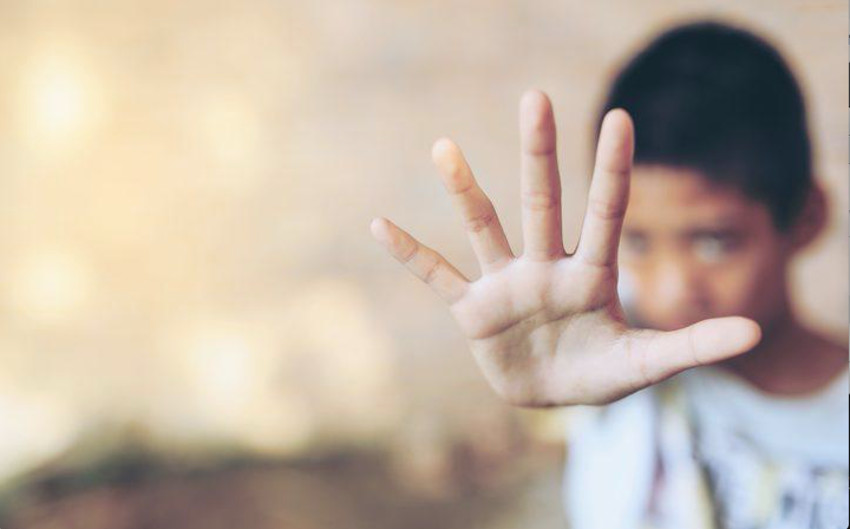
ADMISSION TO LAKE ALICE
Social Welfare had gone to his school and met with his principal due to the fights he'd been having at school. His father didn't attend the meetings in person but the principal called him on the phone and asked for consent to send him to Lake Alice.
The social worker told his father they wanted to send Leota to Lake Alice for a psychiatric evaluation due to the fights he was having at school. Leota's father couldn't understand what they were saying because he couldn't understand english so they gave the phone to Leota. Leota told his father in Samoan he didn't want to go to Lake Alice but his father agreed and consented to him being taken.
He was taken straight from school to Lake Alice, he wasn't allowed to go home go get some of his clothes or say goodbye to his younger sister.
-
Leota describes his experience at Lake Alice below -
"I spent over five months at Lake Alice.
When I first arrived, I was terrified, and I was crying. The social worker left me with Dr Leeks on arrival. Dr Leeks was the head psychiatrist at Lake Alice. I knew he ran the place because everyone did what he said. I didn't know this was his role at the time, but I did understand during my time at Lake Alice that he made all the decisions on who got electric shocks.
After seeing Dr Leeks, the first thing the nurses did to me was inject me with paraldehyde on my buttocks. After the injection, the nurses put me in bed. I couldn't walk for about two days because of the pain in my backside and legs from the injection. When I was able to walk again, I walked around Lake Alice and familiarised myself with the buildings and the people there.
Looking back on my time at Lake Alice, it was clear that the Polynesian and Maori kids were treated worse than the Palagi kids because we were getting more injections and electric shocks than the Palagi kids. There were rules for them and different rules for us."
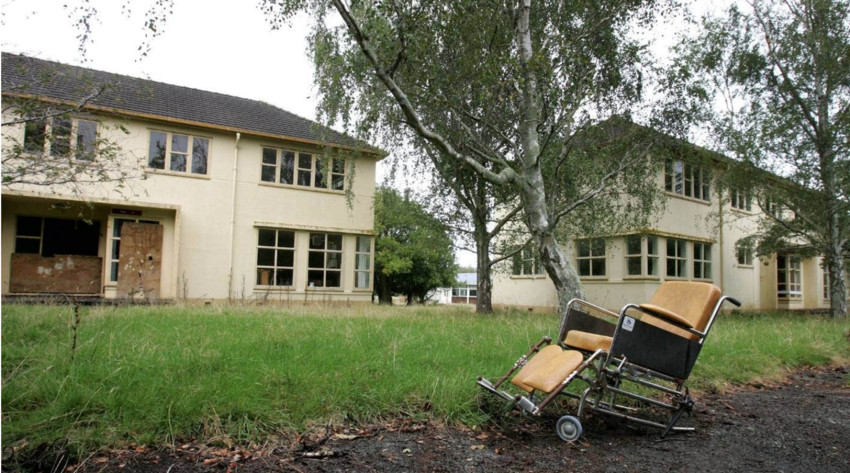
DAILY LIFE AT LAKE ALICE
"During my time at Lake Alice, I went on home leave to see Dad three times. Each time, I would beg him to let me stay at home and to take me out of Lake Alice. I had to return to Lake Alice every time except for the last visit in September 1976. My Dad's girlfriend visited me twice at Lake Alice. Dad never came.
I spent every single day in Lake Alice terrified. I would've preferred getting a hiding from my Dad than to get treated the way I did in Lake Alice. I just felt like a guinea pig there as the staff spent their time figuring out what drug worked best to settle us down and shut us up.
I had hoped that the staff at Lake Alice would help me to grieve my Mum's death, which would've helped with my anger. They punished me instead."
-
RUNNING AWAY FROM LAKE ALICE
"Me and some boys ran away from Lake Alice. We ran away because we were just sick of the medication, the paraldehyde injections, the threats of punishment from nurses and the electric shocks. Although we came from homes that were scary because of the violence, Lake Alice was a scarier place which is why we ran away.
The Police caught us just before we got to Turakina. Police notified staff from Lake Alice who met up with us and brought us back to Lake Alice. As soon as we got back to Lake Alice, they injected us with paraldehyde and put us in the seclusion rooms. I was in seclusion for a week.
I ran away two more times but both times, I was caught, taken back to Lake Alice, injected with paraldehyde and thrown into a seclusion room."
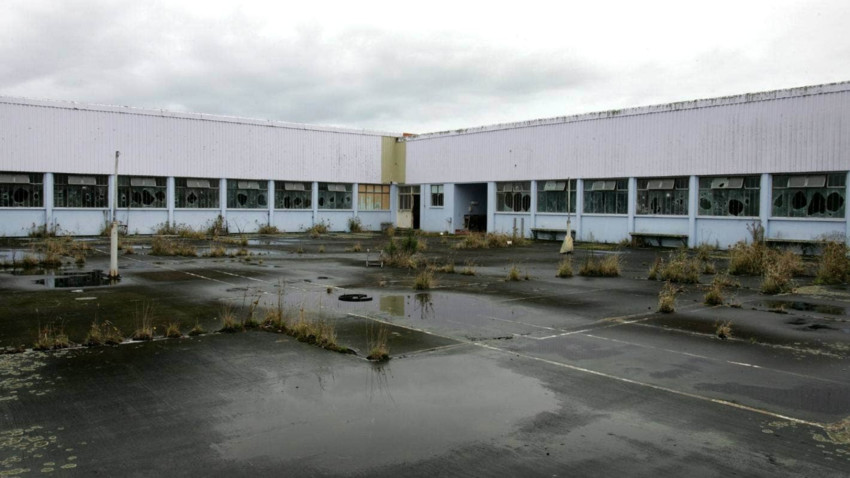
ABUSE AT LAKE ALICE
"Dr Leeks ran the group therapy meetings with all the children and the nurses once a week. The nurses would dress in mufti at these group meetings.
The meetings were like therapy sessions. We had to share how we felt and how we were progressing at the unit. If we complained about any of the nurses or if we said anything rude or cheeky about them, the nurses would single us out after the group meeting, threaten to use electric shocks on us and warn us not to do it again. I remember crying one time after I was singled out by a nurse and threatened and warned. Because of this, nothing really happened at the group meetings. We were too scared to talk or express how we really felt.
Even though it was the nurses handing out the punishment, it was Dr Leeks who was responsible for running the meetings and making decisions on who got electric shocks.
All my electric shocks were unmodified, so the nurses didn't even try to minimise my pain. It was obvious that they were punishing me. The nurses never explained why I was getting electric shocks but if we misbehaved, the nurses threatened to use electric shocks on us. I remember people getting electric shocks for swearing.
I had electric shocks about three times. I would be taken to the electric shock room up the villa stairs to where the machine was. I would be placed on the bed and the nurses would hold me down. They tied me down at the waist and at my feet. The nurses placed the electric shock stuff on my head and then I got electrocuted. Sometimes I was electrocuted until I was unconscious. When this happened, I would only remember waking up in my own bed. Sometimes after the electric shocks, the nurses would give us pills to knock us out.
One time, I wet my pants before I even got to the electric shock room and pissed again on the bed where the electric shocks were given. I remember the nurses moaning about having to change the bed I had wet. I would also wet myself after the electric shocks. The nurses would tell me to clean myself up and have a shower when I was awake. After I received electric shocks, I couldn't remember what happened that day or sometimes the day before, because we were so sedated from the medication the nurses gave us after the electric shocks."
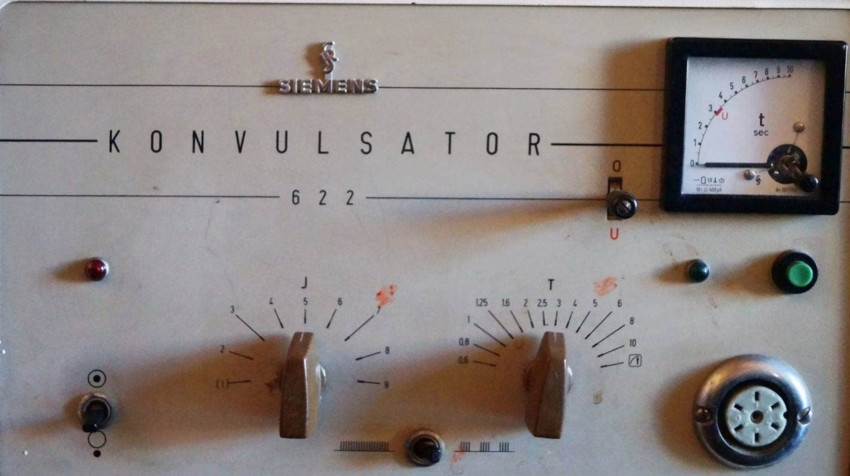
Paraldehyde injections and other medication
* Paraldehyde is a discontinued drug that was used to treat certain convulsive disorders. It also has been used in the treatment of alcoholism and in the treatment of nervous and mental conditions to calm or relax patients who are nervous or tense and to produce sleep. At Lake Alice it appears they used it as a punishment and to paralyse the children so they couldn't move.
"I got paraldehyde injections for things like running away and for talking to others in my dorm when we were supposed to be sleeping.
Paraldehyde was usually given to us in a room away from others or in the drug room near the front door. If we were taken to the drug room, we knew it was because we were going to get paraldehyde injections. Otherwise, if it was standard medication, they would walk around the dorms and hand it out.
Usually after the paraldehyde injection, it would be a couple of days before we could walk again due to the pain. Even though we were still in pain, the nurses would make us get up and out of bed to walk around the hospital grounds."
-
Leota was also put into seclusion multiple times often after receiving electric shocks and paraldehyde injections or after he had run away. Here he often experienced physical abuse. During his time at Lake Alice he was also molested by an older Lake Alice Nurse.
-
Family homes, Foster Care & Borstal Training
After getting out of Lake Alice, Leota tried to go back to High School but they wouldn't take him due to his history and with no life skills went back to robberies and theft to feed himself and his younger sister.
On one occasion his father left them on their own while he went to Auckland for over a month. They were left without food so he resorted to stealing again but was caught by police and then put in social welfare custody again.
From there he was under social welfare supervision for 12 months and also placed in foster care where he was treated terribly and finally sent to Borstal training for 2 years. He came out when he was 16.
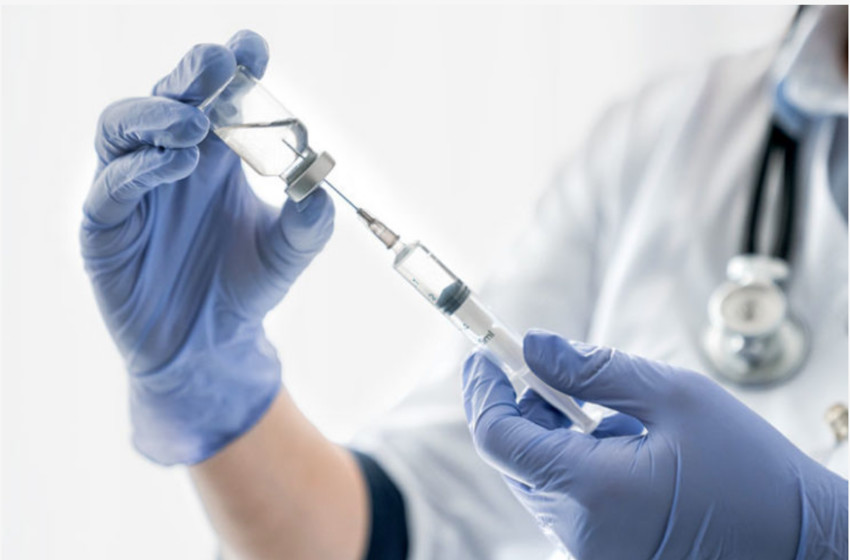
Impacts of Lake Alice
Leota turned to drugs and alcohol at a very young age to try and suppress the memories he had of Lake Alice. His anger problems continued through his life and affected his relationships with his partners and also with his children. The death of his 16 year old daughter led to him isolating himself from his family for a long time after.
He struggled with depression and tried to take his own life several times and physically he's had to get two hip replacements and struggles with arthritis. He feels both mentally and physically they're as a result of the treatment he received at Lake Alice and believes his hip problems are linked to the paraldehyde injections he received there.
-
Leota summed up what he'd like to see in regards to change and moving forward in his statement below
"I still can't believe that people treated children the way I was treated. When I think about Lake Alice, I still get angry. Those who ran the place should be held accountable for what they did to us. It's important for people to know what happened at Lake Alice and the consequences it had on us for the rest of our lives.
Dr Leeks must be held accountable for the role he played at Lake Alice. I want him to be prosecuted for his role at Lake Alice.
In terms of the care of children, we need to have caregivers that are loving. They need to praise children all the time. Caregivers need to remind children that they're always going to be there for them. Children need to feel important, and not be made to feel dumb, like I was at Lake Alice.
The most important thing for me would be to screen potential caregivers. I've heard stories of caregivers hitting children and misusing the money the Ministry has given them to help care for the child."
